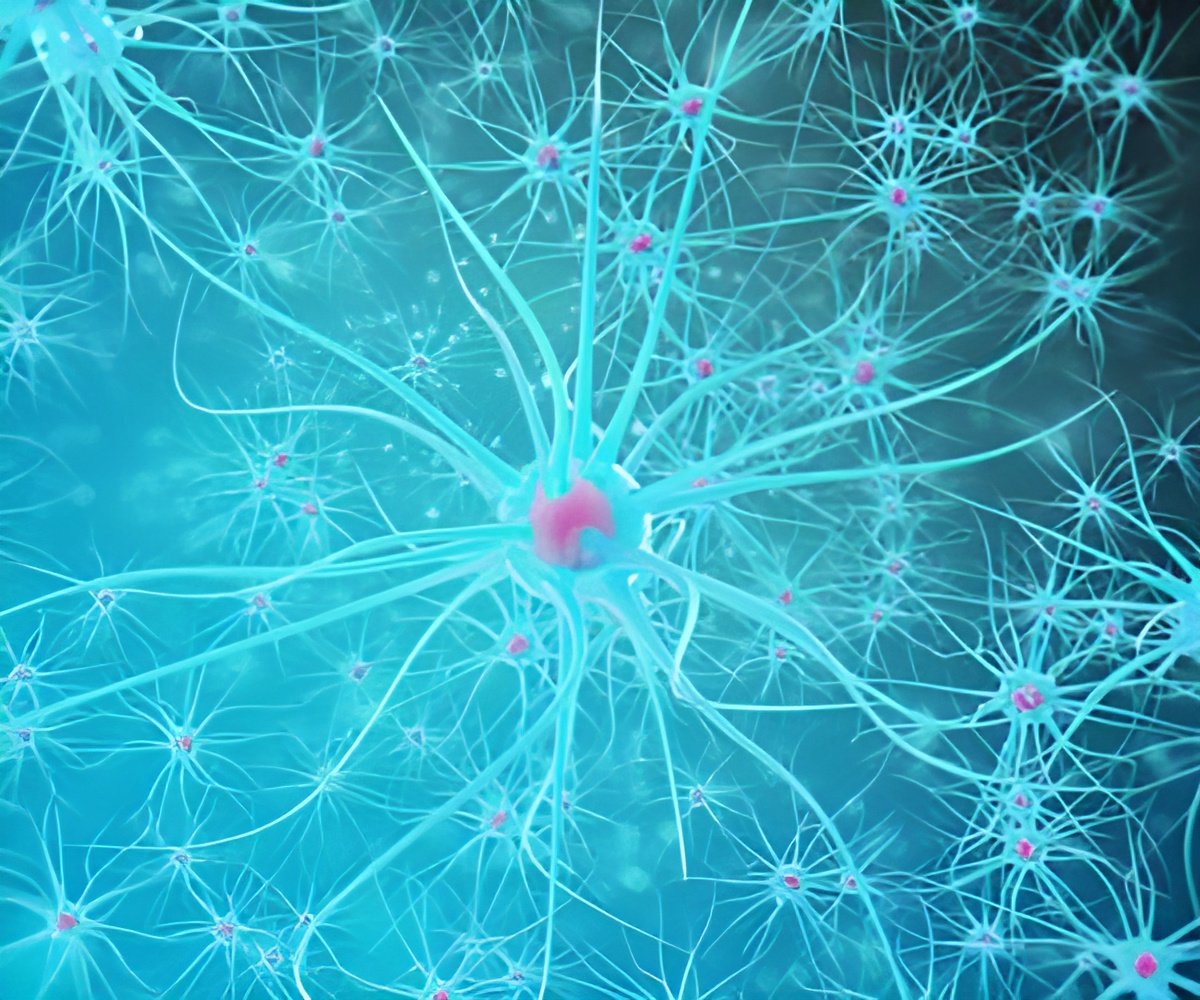Brain’s support cells play a crucial role in the sensory and cognitive faculties through brain plasticity after birth.

‘Astrocytes play a crucial role in the sensory and cognitive faculties through brain plasticity after birth. This finding may enable the development of new strategies and rehabilitation following brain lesions or neurodevelopmental disorders.
’





Brain Plasticity and Astrocytes Brain plasticity can result in various developmental disorders if halted during development. Reintroducing brain plasticity in adults may enable the development of new strategies and rehabilitation following brain lesions or neurodevelopmental disorders.
The team set to reveal the unknown cellular process responsible for the closure of plasticity. The present study on the mouse visual cortex (brain region) found that transplanting immature astrocytes may reintroduce brain plasticity when compared to the control mice. These cells later aid in the maturation of the interneuron during the plasticity period, that ultimately leading to its closure.
"This study is a reminder that in the neurosciences we must not only focus on neurons. The glial cells, of which the astrocytes are a subtype, regulate most of the brain's functions. We realized that these cells have active roles. Glial cells are less fragile than neurons and so represent a more accessible means of acting on the brain, " says Nathalie Rouach, study coordinator at the Center for Interdisciplinary Research in Biology (Inserm/CNRS/Collège de France).
Source-Medindia









